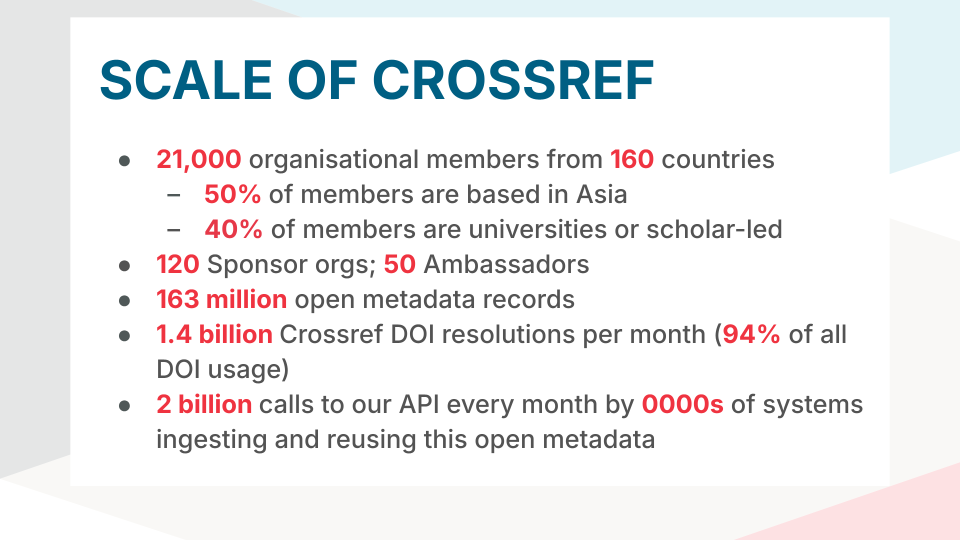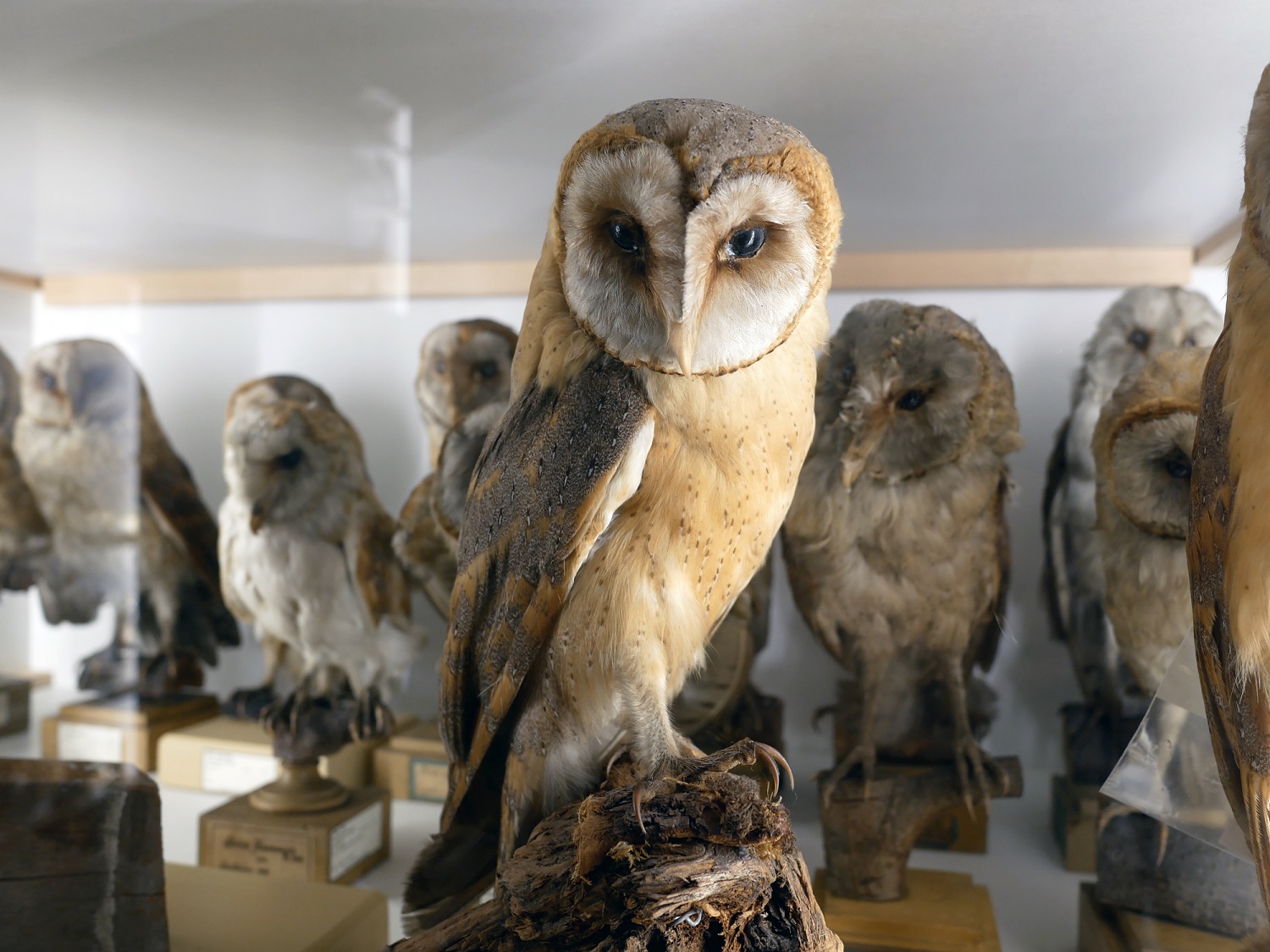
The Crossref2024 annual meeting gathered our community for a packed agenda of updates, demos, and lively discussions on advancing our shared goals. The day was filled with insights and energy, from practical demos of Crossref’s latest API features to community reflections on the Research Nexus initiative and the Board elections.






